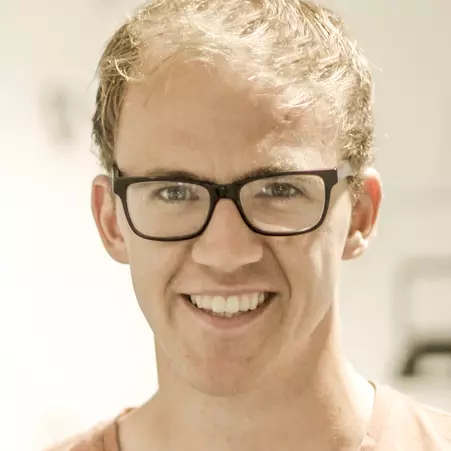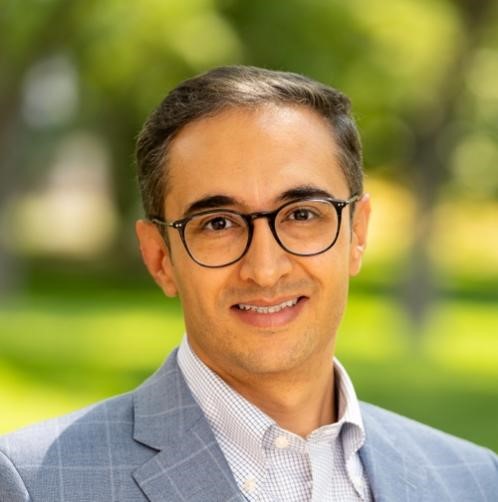ELLIS Delft Talk: Manuele Bicego and Michael Biehl
ELLIS Delft Talk: Manuele Bicego and Michael Biehl 04 May 2023 14:00 till 15:30 - Location: Hybride: Lecture Hall Boole (36.HB.T0.610) & Zoom - By: ELLIS Unit Delft | Add to my calendar On Thursday, 4 May the ELLIS Delft Unit is hosting an ELLIS Delft Talk in Lecture Hall Boole with two invited speakers. Manuele Bicego (Università degli Studi di Verona) will talk about ‘Random Forests beyond classification and regression’. Random Forests (RFs) represent a well-known data description tool for Pattern Recognition and Data Mining. RFs are mainly designed to face supervised tasks like classification and regression. However, there has been an increased interest in investigating their exploitation also in unsupervised scenarios like density estimation, clustering, anomaly detection, manifold learning and others. This talk is aimed at describing some of these unsupervised exploitations. Michael Biehl (University of Groningen) will talk about ‘The statistical physics of learning: Phase transitions in layered neural networks and the role of the activation function’. A particularly important aspect of designing neural networks is the choice of activation functions, which define the response of individual neurons to their actual input. In particular in deep learning, a variety of alternatives to the classical sigmoidal activations have been suggested, including the very popular ‘rectified linear unit’ (ReLU) and its modifications. If you're not able to join this session in person, follow link to Zoom here








